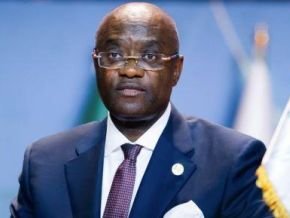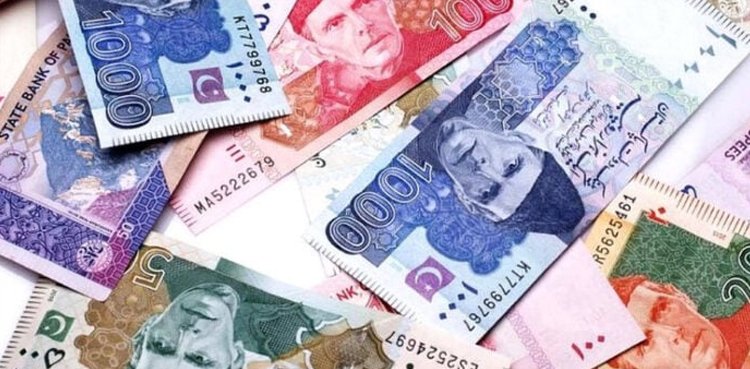- Afreximbank’s new president calls for an African digital currency to ease cross-border payments.
- The plan would build on PAPSS and the Pan-African Currency Marketplace to deepen integration.
- Elombi also pledges investment in digital infrastructure, trade, and local value creation.
Afreximbank’s new president, George Elombi (pictured), has called for the creation of an African digital currency to facilitate cross-border payments and accelerate the continent’s economic integration. Speaking at his inauguration in New Cairo on Saturday, October 25, 2025, Elombi said the project would be a top priority alongside payment infrastructure and artificial intelligence.
“This is the time to consider developing an African digital currency,” he said, outlining a strategy to lower transaction costs and delays that still hinder intra-African trade and to support the African Continental Free Trade Area (AfCFTA).
Afreximbank has already launched the Pan-African Payment and Settlement System (PAPSS), which has reduced cross-border transaction costs by more than 7% and delivered up to 27% savings to end users, while helping banks increase digital transaction volumes more than tenfold. The network now connects 18 countries across four African regions, more than 150 commercial banks, and 14 switches. The bank plans to continue investing in digital infrastructure, e-commerce platforms, and payment solutions to build an “integrated digital ecosystem,” Elombi added.
Building on PAPSS, Afreximbank has also launched the Pan-African Currency Marketplace (PACM) with fintech firm Interstellar (Stellar Group). Introduced in 2024, PACM enables banks, businesses, and financial institutions to buy and sell African currencies directly, bypassing the dollar, euro, and pound.
Analysts say that while PACM is not yet a digital currency, it could serve as the foundation for one, as it creates a trusted, dynamic exchange framework among African currencies and digitizes regional settlements. “It could eventually become the backbone of a future African digital currency or common settlement asset,” an expert said at the New Cairo ceremony.
Elombi did not specify the technical model for the proposed currency—whether as a regional settlement token, a multi-currency digital unit, or a project backed by central banks—but stressed the need for collaboration with continental and regional institutions to ensure security, traceability, and inclusion, particularly for small and medium-sized enterprises.
The idea echoes long-standing ambitions for African monetary integration. Despite the 1991 Abuja Treaty’s call for a single African currency, progress has stalled. Regional projects such as the ECO in West Africa and the East African Community’s common currency—now postponed to 2031—have faced delays due to regulatory fragmentation, diverse exchange regimes, and sovereignty concerns.
Beyond the digital currency, Elombi outlined three other priorities: local processing of raw materials to end unprocessed exports, deeper regional integration through freer movement of goods, capital, and people, and greater investment in infrastructure—energy, roads, ports, and rail—to connect African markets.
He also expressed his goal to significantly expand Afreximbank’s balance sheet by mobilizing both public and private capital, including funds from the African diaspora, to drive industrialization and value creation across the continent.







